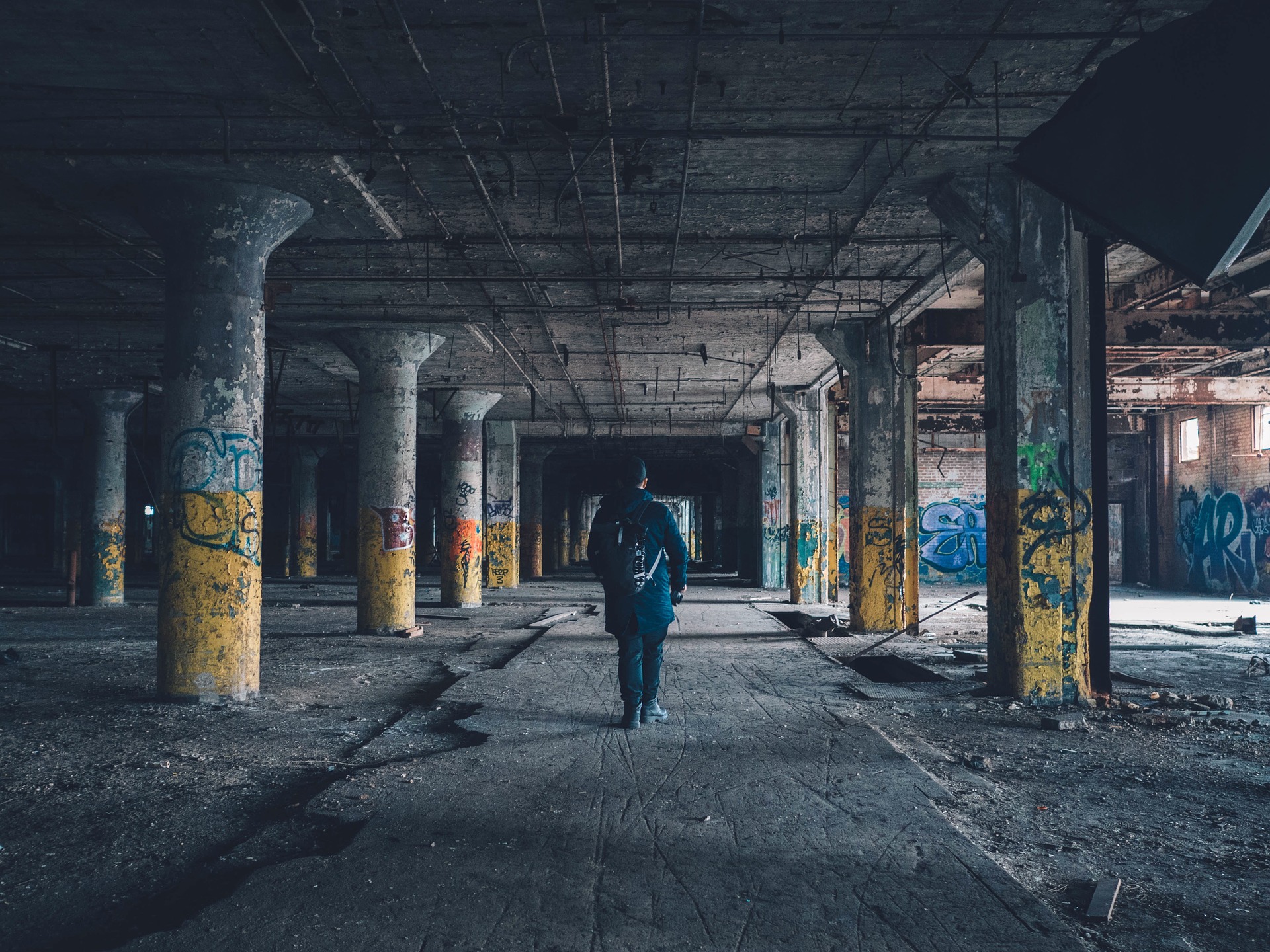Adverse possession is based on the principle that if the property owner does not evict squatters from their property or land within a certain time or interrupt their use of the land then they could lose the legal ownership of that land to the squatter. However, before you start manning the battle-lines, we’re talking about years here, rather than weeks or months, so the question of adverse possession rarely comes up as most squatters are legally evicted long before the problem arises.
How can someone take legal ownership?
To be granted legal ownership (or title) to a piece of land or property, an application has to be made to HM Land Registry. If granted, the individual’s name will be registered as the legal owner of the land. However, to do this there must be evidence that the applicant (or a succession of previous ‘squatters’) have occupied the property or land continuously for 10 years. If the land is unregistered, then the minimum time period extends to 12 years’ continuous occupancy.
Applicants will also need to show that they (or any previous squatters) have acted as the landowners for the whole of that time, and that no permission from the registered landowner was sought. That means you have to prove factual possession of the land, and intention to possess the land, and that the possession had been ‘adverse’.
To do any of this you will need the help of a legal expert who is experienced in dealing with adverse possession cases, as everything has to be submitted to HM Land Registry in a formal statement of truth.
So for squatters to actually initiate adverse possession of a piece of land requires a great deal of hoop-jumping, some serious legal intervention, and at least a decade of continual, uninterrupted occupation of the land or property.
What about the actual landowner’s rights?
It appears at first glance that adverse possession allows squatters to take control of a piece of land that’s already owned by someone else and, as long as they stay put for long enough, they can lay claim to it. This is an over-simplification, as there are things landowners can do to stop this from happening.
The most obvious is to apply for a legal eviction long before the question of adverse possession arises. The first thing to do is to get an Interim Possession Order (IPO) or make a claim for possession. Whatever you do, don’t try to evict squatters yourself using threats, force or violence. Not only will this escalate the situation, but it will put you on the wrong side of the law, too.
An IPO can be applied for after the squatters have been there for 28 days. It’s a simple matter of filling out an IPO and filing it with the local county court. You will then receive documents that must be given to the squatters within 48 hours of receipt.
Squatters then have 24 hours to leave the property and must stay away from it for 12 months. This will effectively negate any chance of them applying for adverse possession, as it’s seen as an interruption of their occupancy of the property or land.
Stopping the clock – how the legal owner can prevent adverse possession
If the legal owner of the land or property physically prevents the squatter from occupying the land, then they can effectively ‘stop the clock’ on the 10-year period. This could be through erecting a barrier or fence, locking and barring a building, or repossessing the property (see above). The owner can also start legal proceedings of their own as soon as they receive notification that a squatter is applying for adverse possession.
If, however, nobody objects to the application then the registration may go through unchallenged. As the squatter doesn’t usually have all the documentation in place at this point to register an absolute title on the land, they’re granted ‘possessory title’ registration (a sort of temporary status) before having absolute title after a set period of time.
Adverse possession is nearly always contentious and usually challenged by the legal landowner, so cases are rarely seen all the way through to fruition. In the vast majority of cases the legal landowner will apply to evict the squatters long before they have any chance of applying for adverse possession, so the legend of ‘squatter’s rights’ is perhaps somewhat overstated. However, if you are thinking about applying for adverse possession, or are a landowner who is dealing with squatters then the best advice is to talk to a property law expert as soon as possible.
